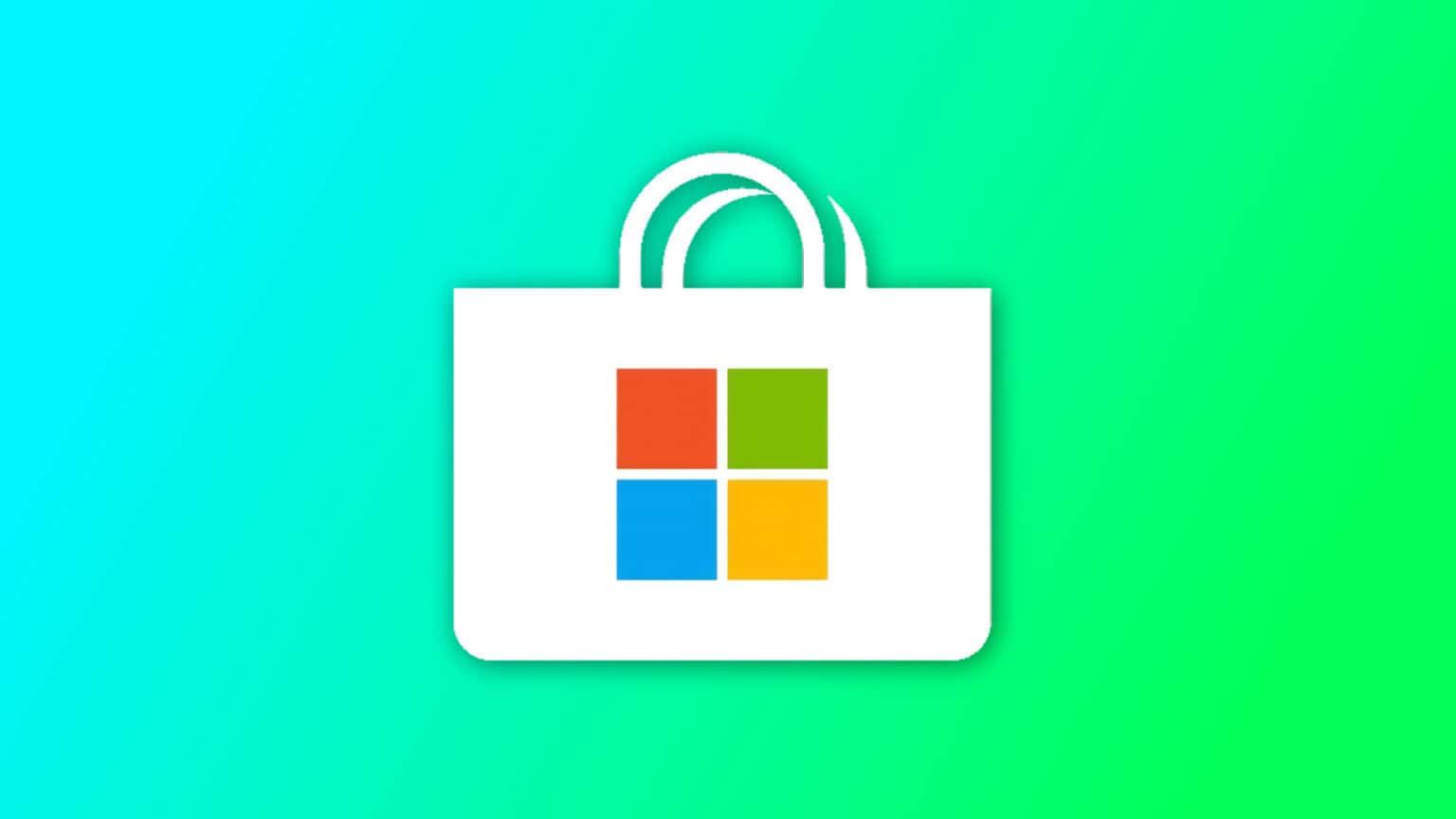While Apple fights to maintain its strict App Store rules and its 15-30% cut of all purchases and subscriptions, Microsoft is taking the opposite approach. The company on Wednesday announced major changes to the Microsoft Store that will make it fairer, more open, and more transparent.
Its new Open App Store Principles — which include allowing developers to accept alternative payments systems without fear of retribution — are designed to show that Microsoft (unlike Apple) is committed to adapting to new regulation that promotes competition in app markets.
Microsoft Store will introduce more relaxed rules
Apple is currently doing all it can to fight new legislation that would require it to relax its App Store rules. It has no interest in allowing developers to freely implement alternative payment systems — at least not without them jumping through hoops and continuing to cough up a sizable cut of all sales.
Microsoft, on the other hand, has accepted that new laws and regulations are coming. And rather than fighting them, it is embracing them by making big changes to the Microsoft Store that give developers significantly more freedom without punishing those who take advantage of it.
“As others have pointed out, there are risks with any new regulation, and these deserve a fair hearing and thorough consideration,” said Microsoft president Brad Smith. “But as a company, we continue to be more focused on adapting to regulation than fighting against it.”
How the Microsoft Store will change
Microsoft outlined the four areas its Open App Store Principles are focused on. They include giving all developers access to its Store, as long as they meet reasonable quality and safety standards, and holding itself accountable to the same standards it upholds for competing apps from third parties.
“We will treat apps equally in our app store without unreasonable preferencing or ranking of our apps or our business partners’ apps over others,” Smith said. “We will be transparent about rules for promotion and marketing in our app store and apply these consistently and objectively.”
But Microsoft’s most significant change is one Apple is desperate to avoid: It will not require developers to use its own payment system to process in-app purchases, and it will not impose restrictions or any other disadvantage on a developer that chooses to use an alternative payment method.
Microsoft also says it will enable Windows users to use alternative app marketplaces.
The right response
“These principles are grounded in app store legislation being considered by governments around the world, including by the United States, the European Union, the Republic of Korea, the Netherlands, and elsewhere,” Microsoft said. “We believe it’s possible to implement these new laws and continue to innovate responsibly and grow a healthy and profitable business.”
Apple should take note. This is the kind of response we want to see from a company that respects third-party developers. Microsoft recognizes that the time for change has come, and it is taking a proactive approach by making big commitments before it is forced to do so by regulators.
It’s the kind of response many developers have been hoping Apple would take once it became apparent that efforts to open up the App Store aren’t going to just go away quietly. But as things stand, it seems Cupertino won’t commit to anything unless it is dragged into it kicking and screaming.
Xbox doesn’t count
It’s important to note that while many of Microsoft’s commitments also apply to Xbox developers, some — like the ability to accept third-party payment systems — do not. But there’s a very good reason for that.
“Emerging legislation is not being written for specialized computing devices, like gaming consoles,” it said. “Gaming consoles, specifically, are sold to gamers at a loss to establish a robust and viable ecosystem for game developers. The costs are recovered later through revenue earned in the dedicated console store.”
So, unlike iPhone and iPad, which make Apple billions of dollars every quarter through device sales alone, Microsoft actually loses money on Xbox consoles. It relies on the money it makes from Xbox games to turn a profit. Regulators (and devs) recognize this, which is why they’re not asking for specialized stores to change.


